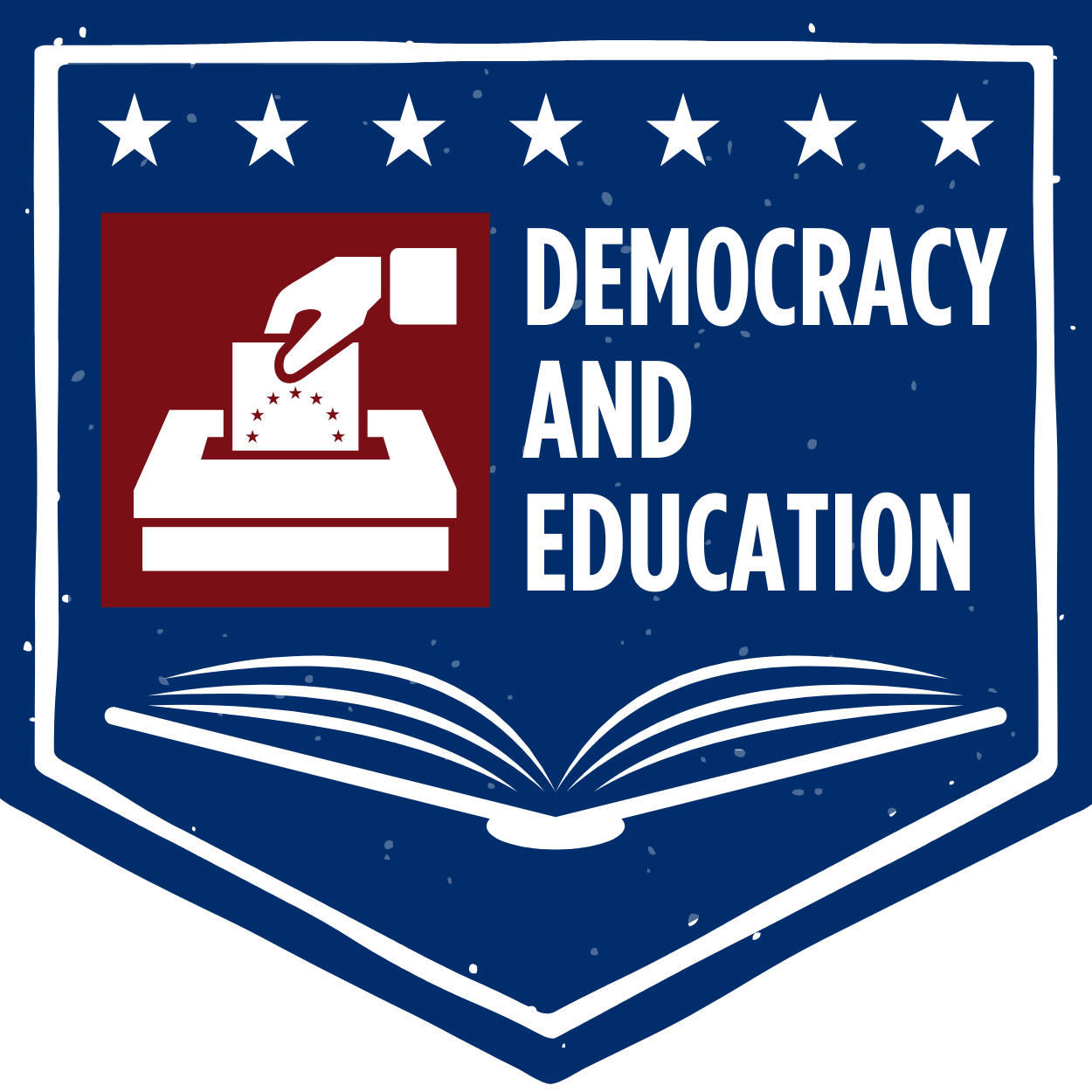What Parents and the Public Think about Schools
What School Board Candidates Need to Know
Photo by CDC on Unsplash
Overview
A misleading narrative has developed that parents have become deeply unhappy with and distrustful of their children’s schools because of building closures during COVID, masking requirements, and what is characterized as “indoctrination” of children.
Certainly some Americans are unhappy, and there is some evidence that overall public support for public schools has diminished in the last few years. But the vast majority of parents and much of the general public retain a strong connection with and trust in their schools and want schools to teach students about slavery and racial inequities.
What’s the Evidence?
Gallup has been asking parents and the general public how they feel about public schools for decades. Its 2022 poll showed that 80 percent of parents are either somewhat satisfied or completely satisfied with the education their oldest child is receiving. That is up from 72 percent in 2020. Tellingly, in 2020 Republicans and Democrats overall were very similar in their confidence in public education. By 2022, 51 percent of Democrats but only 30 percent of Republicans were satisfied with public schools. This may reflect the effect of efforts by right-wing extremists to undermine confidence in public education. Among public school parents, satisfaction remains the same for both Democrats and Republicans
When Gallup asked those who are dissatisfied their reasons why, many said that they thought curricula are outdated and that schools are underfunded. Only 17 percent said that there was too much politics in the curriculum. The number who cited transgender issues and critical race theory, despite these being a focus of extremists, were in the low single digits.
PDK, a professional organization, has polled about attitudes toward public education for 45 years. In 2022 it found that 68 percent of public school parents give their community’s schools an A or B, down from 73 percent in 2019. African American parents are significantly less likely to give their schools top grades. This may reflect the fact that only one-third of Black adults trust teachers to “handle racial and ethnic diversity,” compared with about half of others polled.
The Morning Consult poll, commissioned by Ed Choice, which advocates for vouchers and other privatization measures, similarly found that public school parents are much more likely to have confidence in their community’s schools than non-parents.
The University of Southern California’s Rossier School of Education and Dornsife Center for Economic Research surveyed a national sample of adults in 2022. They found strong support that schools should teach students about all kinds of issues that help students understand their country better and become critical thinkers, from slavery to income inequality, though they think some topics, particularly around gender and sexual orientation, are better handled in high school than elementary. For the most part they do not think elementary schools teach about those topics.
Parents and Teachers United, co-founded by long-time pollster Keith Frederick, has specifically polled on some of the issues raised by extremists. Roughly 80 percent of those polled said that:
● Professional educators, not activists, should be in charge of curriculum;
● Schools should teach about America’s history of systemic racism
● Banning books violates the U.S.’s commitment to the First Amendment.
An overwhelming 87 percent said that the job of public schools is to help “kids to think for themselves.”
In early 2023, Indiana released a poll it had done with Gallup that showed 88 percent of parents were happy with the quality of their children’s school. Only 7 percent of parents said they didn’t approve of the topics taught to their child. Of those who did not approve, about two-thirds acknowledged that they did not know, or were unsure, what subjects and topics are being taught.
In sum, most public school parents and a large contingent of the general public have confidence in public schools and want students to learn their nation’s history and about controversial topics in order to become critical thinkers.
What to Look For in Your School District
If your district conducts a survey of teachers, students, parents, and community members, look at the results. Does it show an overall confidence in the community’s schools? If not, what are the reasons? National trends suggest that they have a lot more trust in the schools than they do in people who demand that library books be banned or curriculum limited. Surveys are one way to keep a small number of loud voices from drowning out the will of the majority
For More Information:
In Episode 5, “Developing and Communicating Your Message” of the So You Want to Run for School Board podcast, pollster Keith Frederick discusses what parents and the public think of public schools.

